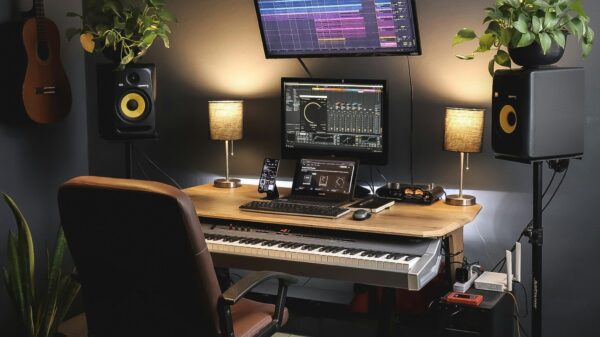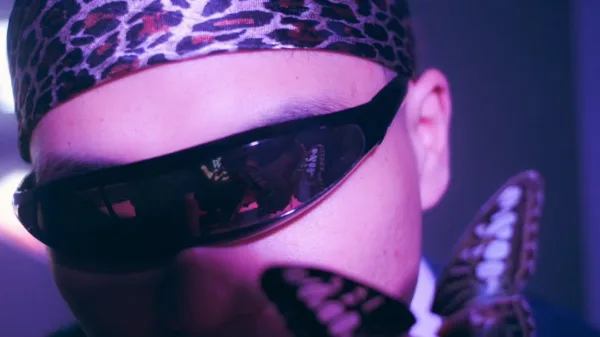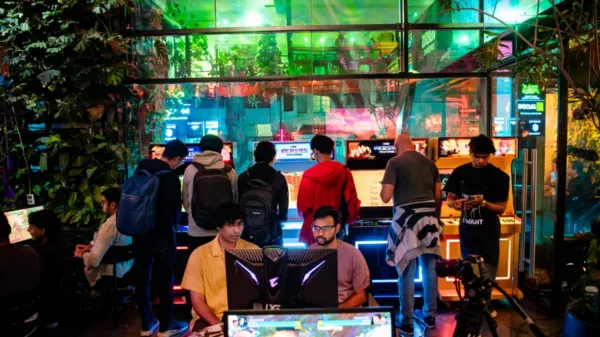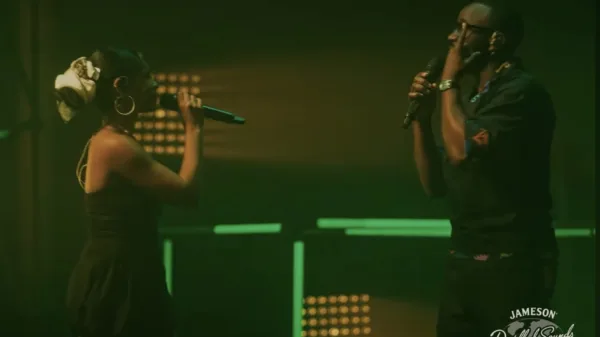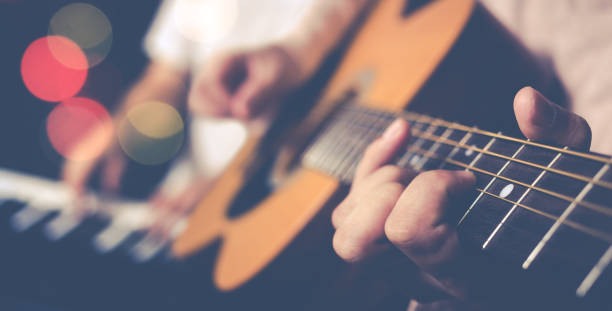What’s special in the art of musical improvisation is the spontaneity of the musical ideas created and put together in the moment, never to be recreated in exactly the same way. While many instrumentalists do make a point of practicing their improv skills to songs or backing tracks, I’d like to make a case for musical improv events; in which musicians jam together while playing different instruments with nothing pre-decided. This is live music in a very literal sense where never before heard arrangements can come alive. Participating in such jams has multiple benefits for musicians which are distinct from what one would get out of soloing to a backing track when practicing at home. Here are five benefits to playing at musical improv events.
- Ear Training
Improvising helps an instrumentalist develop sensitive and aware ears for playing along. The music may not be in a clearly established key in the way we understand it, and figuring out the notes which complement the music of the group can be a tricky but rewarding process to the less experienced. With a more developed ear, one is likely to be more confident when improvising.
2. Networking
Attending local improv events is a great way to meet like-minded musicians who may be open to jamming or collaborating in the future. There’s no better way to meet a fellow musician than by sharing the (figurative) stage and backing up their guitar solo with a funky bass groove.
3. Exposure to new musical concepts
As none of the output at an improv event is predetermined, one is bound to come across a plethora of new sounds and progressions in which the music moves. Chords will clash. Notes will sound “wrong”. Are notes ever wrong? Someone may be playing outside the rhythm set by the percussionist. My point is, there’s space for the music not to sound pleasing to the ear the entire time the musicians are on the floor. What matters is how one adapts to resolve the dissonance. The encouragement of the random and the impromptu from the environment of an improv jam has musicians thinking in different ways than they’re accustomed. Improv is where the concepts of modes, polyrhythms, polytonality, modulations etc. come into application. The music birthed from a profound improv session may serve as inspiration for songwriters too.
4. Trying hands on different instruments
So you can play the guitar, but have you tried your hands on a bass? Maybe a go on the keys will have you learn to play rhythm and melody at the same time; a seat on the drum kit to understand being the rhythmic backbone of the group. An improv event is a ripe opportunity to pick up an instrument that you’re not used to playing. You may naturally excel at playing one instrument over another, and possibly consider expanding your instrumental skillset.
5. Learning to play with others, in a band
When playing at an improv event, you can’t play like you’re soloing in your bedroom anymore. You’re sharing a sonic space with other musicians who all deserve to be heard. It’s important to understand when to take up the spotlight and when to allow others to take up the space. Most of the time, it wouldn’t be complementing to play a melody against someone else’s, unless you aim to harmonise. Allowing improv to be a give and take, a question and answer, makes for more fruitful communication between musicians.
If there are no music improv events happening around you, you can start one of your own. While it’s possible to hold sessions only for friends and bandmates, keeping a public event can lead to new networks and contribute to the improv culture. To host a music improv event you will need:
- A reasonably quiet venue, where your music won’t disturb others and others won’t disturb you. This could range from a living room to a music studio.
- Musical instruments and gear. You can ask attendees to bring their own instruments. The gear you may need will depend on the instruments and venue. One can even host an acoustic improv session, as long as the space allows for players to hear one another. The lack of quality gear should not hold you back from giving music improv a try.
- A recording device (optional) to record the music played in case one would like to replay and recreate those spontaneous ideas.
The mindset of the organisers and musicians holds significance too. There’s a difference between an improv session and an improv show, and it’s important that this difference is observed. Musicians unfamiliar to playing improv should feel encouraged to go out of their comfort zones and embrace unprepared spontaneity. It would be best if there’s a constant rotation among the musicians on the floor to ensure that everyone who attends gets to participate, irrespective of whether they make the “best” music.
After attending and playing at a few improv events myself, I hope to promote this culture which has helped me grow as a musician, not only in practice but in mindset and approach. Happy improvising!















